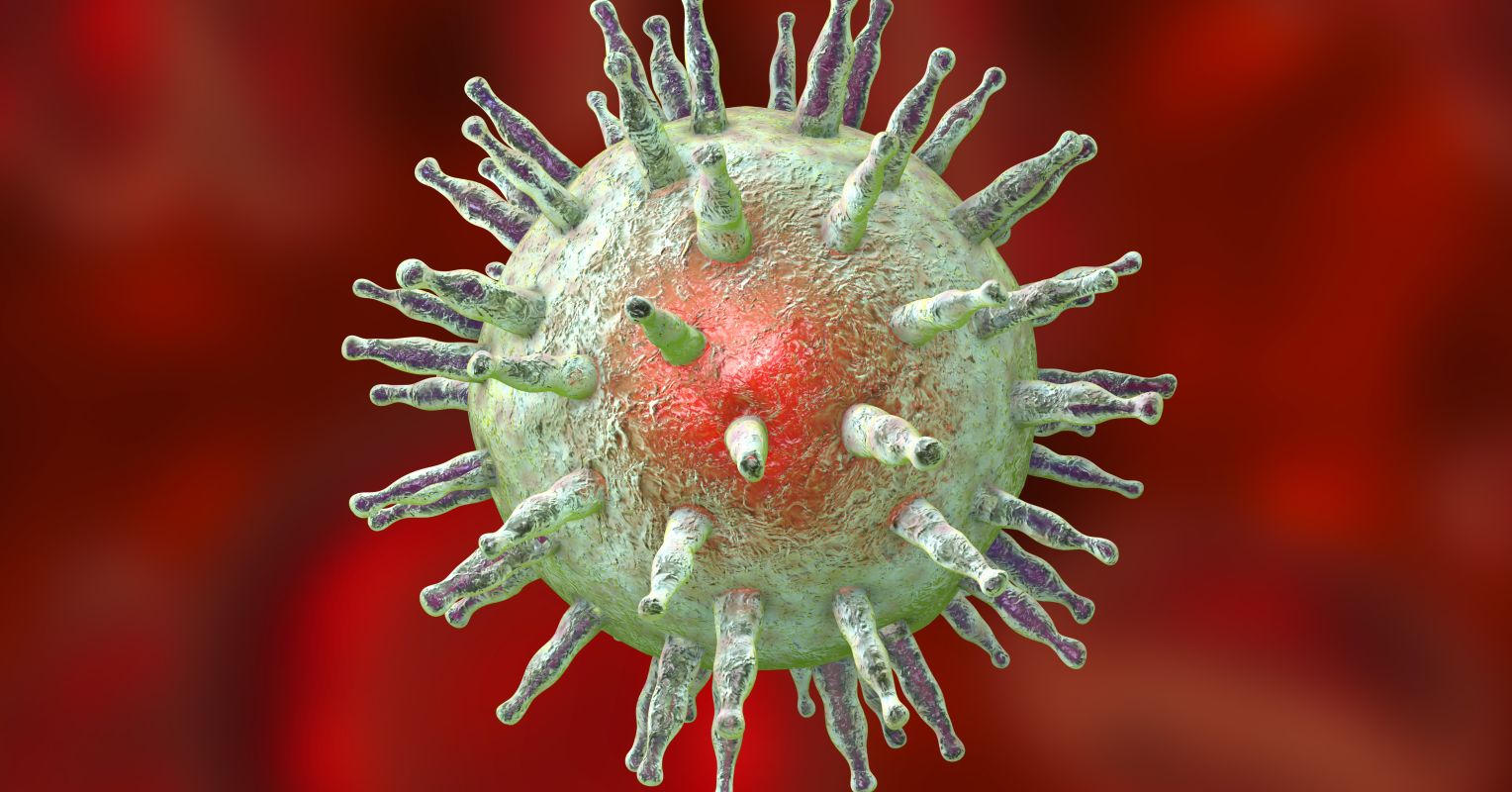
"EBV is a herpesvirus that causes infectious mononucleosis (aka "mono" or "glandular fever"). Symptoms often include sore throat, swollen glands, fever, and crushing fatigue. Like its herpesvirus cousins (e.g., varicella zoster (causing chickenpox/shingles) and HSV-1 (causing cold sores), once you're infected, EBV sticks around for life, lying dormant in your B cells with occasional potential flare-ups, particularly in times of immunosuppression."
"The "kissing disease" nickname for mono comes from its primary mode of transmission-saliva-and its prevalence in teens and young adults. But it can also be spread through shared utensils, drinks, or toothbrushes. EBV is incredibly common; by age 30, over 90 percent of the population is infected. Infected children often have few or no symptoms, but getting infected for the first time as an adolescent or young adult is more likely to lead to mono."
Epstein-Barr virus (EBV) commonly causes infectious mononucleosis and establishes lifelong latent infection in B cells with occasional reactivation, especially during immunosuppression. EBV spreads primarily through saliva and is highly prevalent, infecting over 90 percent of people by age 30. Multiple sclerosis (MS) is an autoimmune condition in which immune attack on myelin disrupts nerve signaling and produces numbness, weakness, vision problems, and mobility impairment. Recent evidence provides strong support for a causal link between EBV infection and MS, but only a small fraction of EBV-infected individuals develop MS, implying additional genetic or environmental cofactors. The connection blurs lines between infectious and chronic diseases.
Read at Psychology Today
Unable to calculate read time
Collection
[
|
...
]